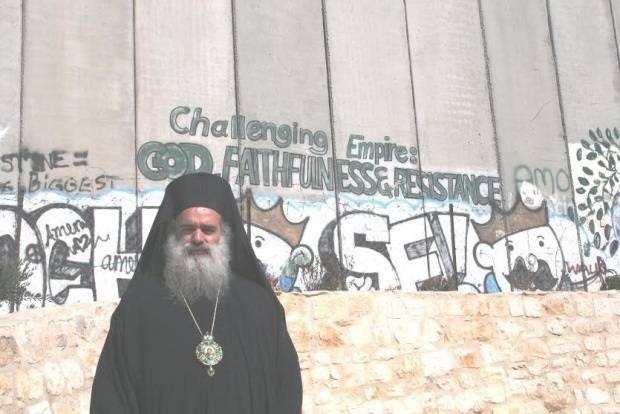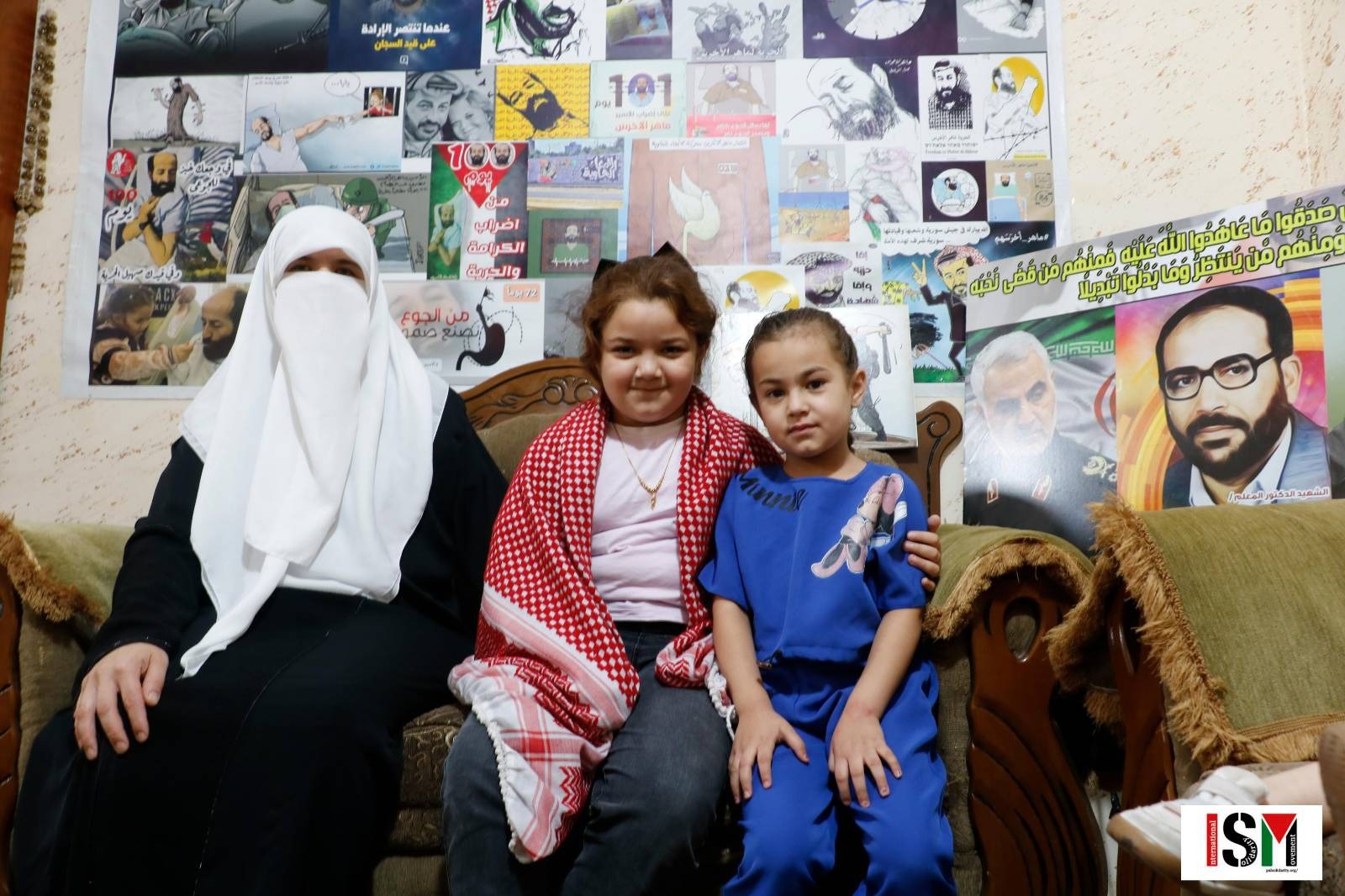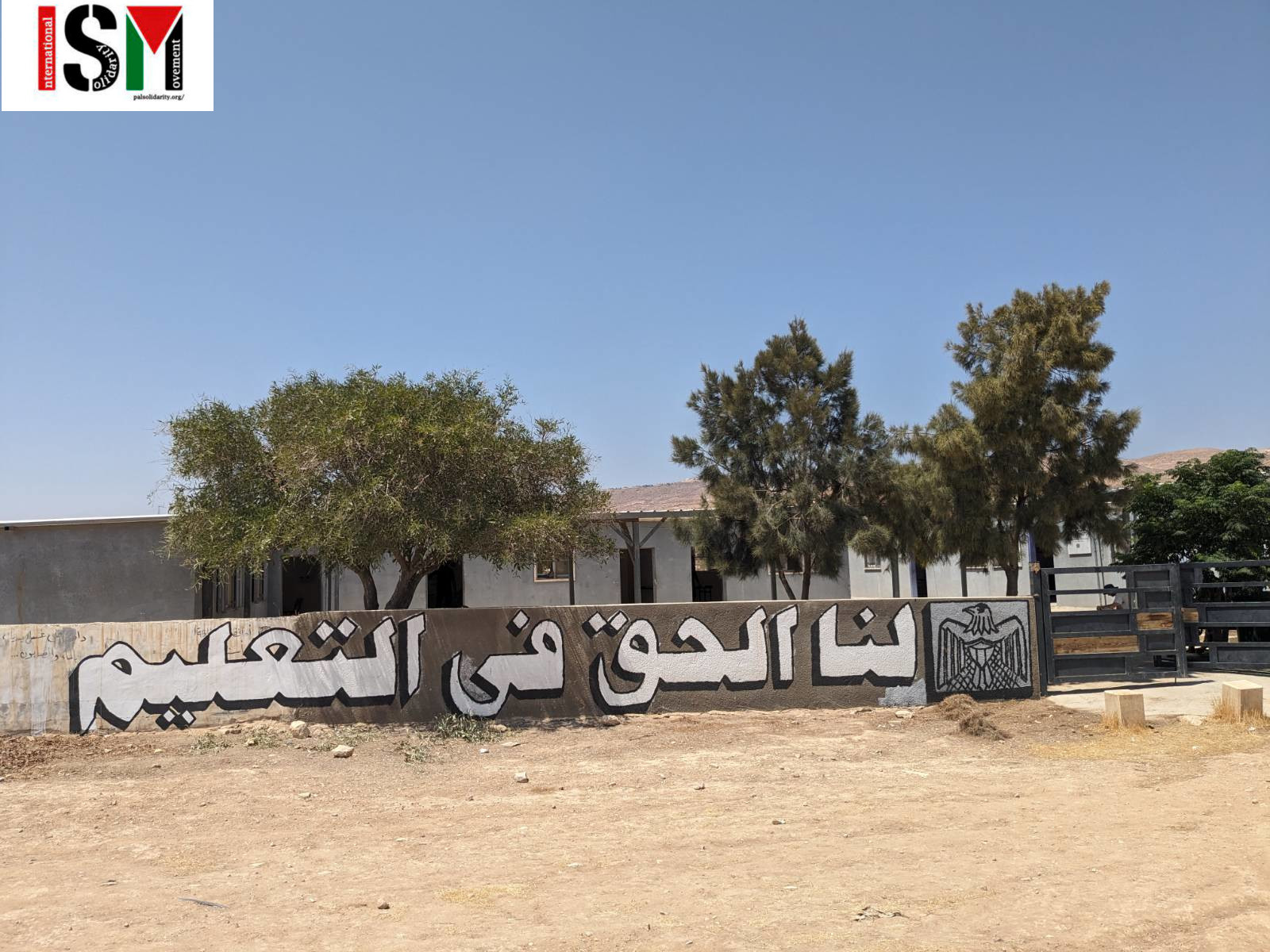Category: Reports
-
“The Palestinian cause is a cause for all free people in the world, regardless of their cultures, backgrounds, religions, or ethnicities” – an interview with Archbishop Atallah Hanna
On Wednesday, August 23, ISM volunteers met with Archbishop of Sebastia, Atallah Hanna, to discuss solidarity with the Palestinian struggle and the conditions of Palestinian Christians under the occupation. The Archbishop is an outspoken critic of the occupation and has been arrested in the past and had his passports seized by the IOF for his…
-
An unbreakable will
“I will go on a hunger strike until I get freedom or martyrdom.” This is what the prisoner Maher Al-Akhras (52), from the village of Hajjah, Jenin district, said after the Israeli occupation forces raided his house and arrested him without charges last Thursday night, August 24. The prisoner Maher works as a farmer. He…
-
Increase in settler violence and threat of school demolition in Masafer Yatta
Following the killing of an Israeli settler in Hebron on Monday 14 August, there has been an increase in the threat and use of violence by Israeli settlers in Masafer Yatta. On Tuesday, three settlers from the illegal Israeli outpost of Avat Ma’on arrived in the village of Tuba with their flock, and got provocatively…



